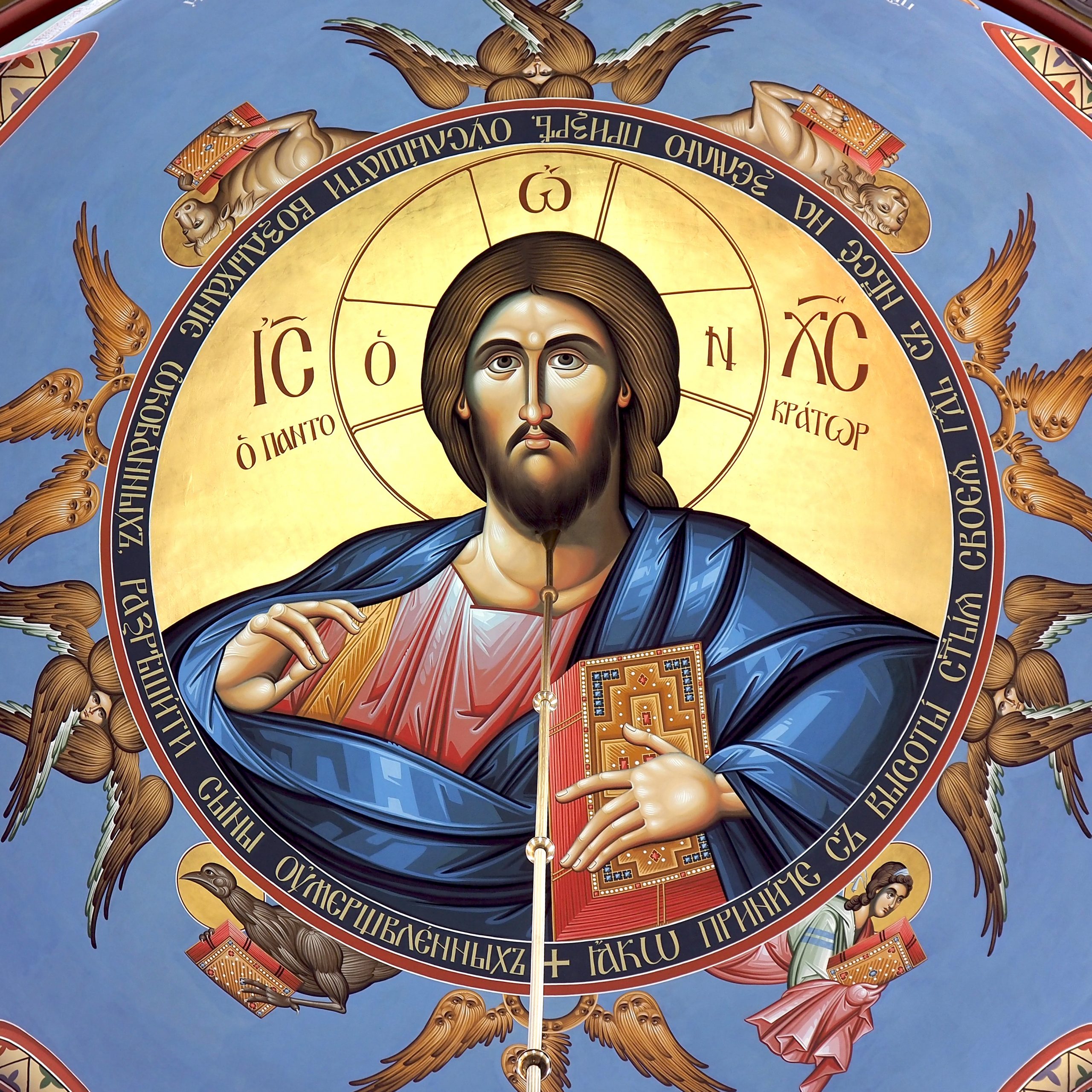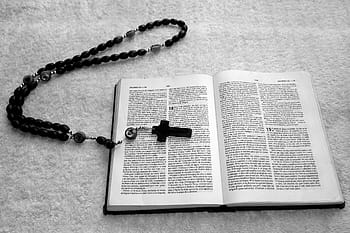I adjure you by the Lord that this letter be read to all the brethren.
I Thessalonians 5:27
The last two sections of our study have focused on prayer, which is the most essential practice of the Christian life, and the Church, which is the base where we gather to worship and to learn, as well as a place from which we spread God’s word and work to serve others. This section of our study will be about the spiritual practices of Scripture reading, worship, and the sacramental life. For those who are not Orthodox who are reading, the reflections on the sacraments will be specific to the Orthodox Church.
We know that prayer is the essential and preeminent way that we communicate with God. We can pray with others or alone. We can pray anywhere and at any time, for any length of time and for anything.
Reading Scripture is an essential way that we allow God to speak to us. We hear His voice in sermons in church. We may hear His voice coming through the encouragement of others. However, the Bible is a way that we can hear His voice at any time, and hear it most completely. A sermon is on a specific passage of Scripture and is heard in church. And a word of encouragement requires another person’s input. The Bible is something we can pick up at any time and at any place to hear God’s voice.
For many people, the Bible is intimidating. It’s so long. We don’t know where to start. We may not understand everything we read. And if we try to go through the Bible reading from cover-to-cover, there are going to be passages and even entire books that may not hold our attention or feel relevant.
There are several ways to read the Bible. One can of course read the Bible from cover-to-cover. One can read a selected book, or even a random passage.
The Old Testament contains a lot of history. It begins with the creation of the world, the Fall of mankind, and includes the establishment of the Jews as God’s chosen people through a covenant with Abraham. It recounts the history of the Jews as they moved to Egypt, and then journeyed through the wilderness and settled in the land of Canaan. It recalls stories of battles, judges, priests, and kings. It includes times of prosperity and exile for God’s chosen people. And it includes the writings of many prophets who foretold of a coming Messiah that would redeem God’s people. The book of Psalms is a collection of poems, songs, laments, and joys that are attributed in large part to David the King. Every emotion comes out in the Psalms. The book of Proverbs is a book where nearly every verse offers some solid advice for life and faith.
The New Testament begins with the four Gospels, which recount the earthly ministry, teachings, miracles, Passion, death, and resurrection of Jesus Christ, the Incarnate Son of God. The Book of Acts recounts the establishment of the early Church in the years following the Resurrection. The Epistles are letters from St. Paul, St. James, St. Peter and St. John to the early church. Most are to specific churches, others to individuals. The New Testament ends with the book of Revelation, which is the vision of heaven seen by St. John the Evangelist.
The message of the Bible is timeless. The history of God’s people doesn’t change. Our Christian ancestry has its roots all the way back to the covenant with Abraham and back to the creation of the world, for as Genesis 1:27 recalls, “God created man in His own image, in the image of God He created him; male and female He created them.” In other words, every person who has ever come into being was created in the image and likeness of God, so indeed we trace our roots as human beings and as Christians all the way back to the Creation.
The message of salvation given in word and in deed by Jesus Christ is also timeless. Christ walked the earth at a specific time in history. Yet, what He did is significant for everyone who has lived in the two thousand years since that time. For as long as there are churches, there will be problems and challenges. In fact, the same problems that challenged the early Church are still present in contemporary times. This is why we continue to read the Epistles because their advice is timeless as well.
Everyone should make a plan for how to read the Bible. There are daily readings for the Orthodox Church that can be found (and subscribed to) on the website of the Greek Orthodox Archdiocese of America website (www.goarch.org). There are several apps that one can use to read the Bible in one year, or hear the Bible as an audio book.
If you’ve never read the Bible, I suggest you begin with the Four Gospels. Read through the Gospels several times, so that you have a grasp on the ministry and teachings of Jesus Christ, since they are the foundation of the Christian life. The book of Acts almost functions like a fifth Gospel, as it recounts the establishment of the early church. Once you’ve read through the Gospels and Acts, then proceed with the rest of the New Testament.
As for the Old Testament, begin with Psalm and Proverbs. Then a suggestion is to read one chapter of the Old Testament and one chapter of the New Testament each day. This way, if one reading or the other is tedious and doesn’t get your attention, hopefully the other one will. Yes, there are part of the Bible, like Leviticus, Numbers, Deuteronomy and some of the prophets that are somewhat tedious.
Another helpful hint is to get an annotated Bible, a Bible that has a lot of study notes to help you understand what you are reading.
Saint Paul, in I Thessalonians 5:27, told those to whom he wrote his letter, that it should be read by all. By extension, we are all brethren, as we are all members of the Body of Christ. This letter, as well as the rest of Holy Scripture, the Bible, should be read daily by all of us.
Thank You Lord for the gift of the Bible, for those who have been inspired by the Holy Spirit to write what they have heard and seen, so that not only our history has been preserved but that Your voice speaks through their writings to us today. Kindle in me a desire to read the Scriptures. Help me to understand what I read. Speak to me through these sacred words and open my heart to accep the guidance they offer. Amen.
Make a habit of reading the Bible every day!




